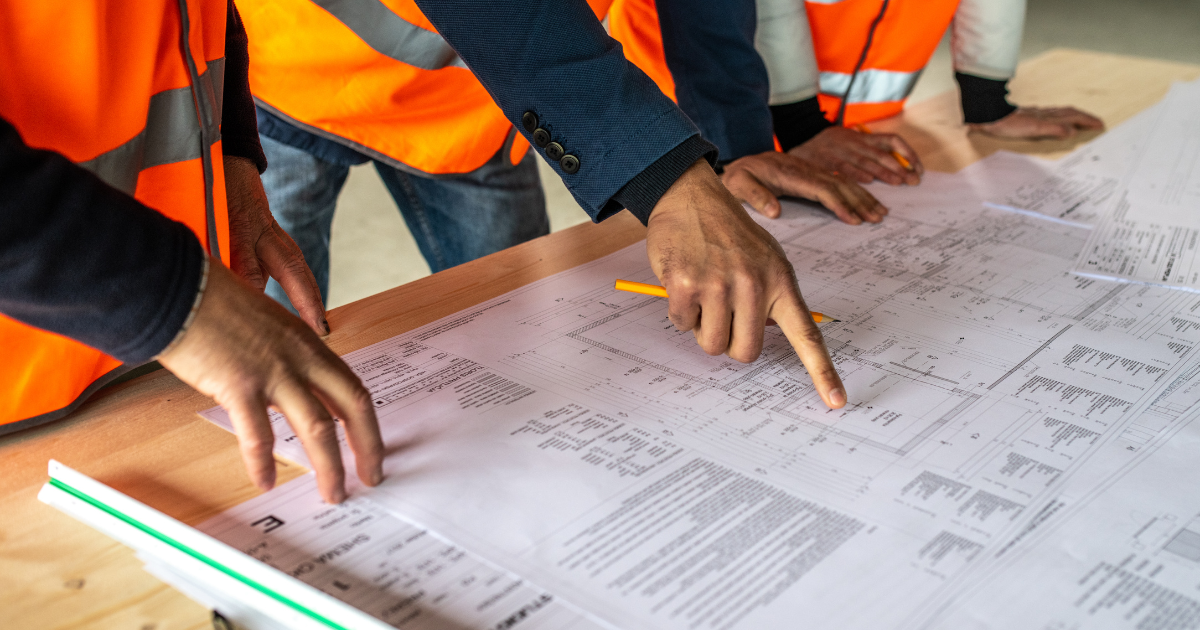
Navigating the complexities of the construction industry in New South Wales (NSW) requires a thorough understanding of regulations, codes, and legal requirements. One of the key professionals involved in ensuring compliance and safety is the building certifier NSW. Choosing the right certifier for your project can make a significant difference in streamlining processes, avoiding costly errors, and ensuring timely project completion.
This article serves as a comprehensive guide to help you choose the right building certifier for your NSW construction project, ensuring a smooth and compliant building process.
Understanding the Role of a Building Certifier
A building certifier is responsible for assessing, inspecting, and approving construction projects to ensure they comply with the Building Code of Australia (BCA), local council regulations, and other relevant standards. Their duties include:
- Assessing Construction Plans:
Reviewing architectural and engineering drawings to verify compliance before work begins. - Conducting Inspections:
Performing site inspections at critical construction stages to ensure that the building aligns with approved plans. - Issuing Certifications:
Providing essential certificates, including Construction Certificates (CCs) and Occupation Certificates (OCs). - Advising on Compliance:
Offering expert guidance on meeting legal and regulatory requirements throughout the construction process.
Factors to Consider When Choosing a Building Certifier in NSW
1. Licensing and Accreditation
Verify that the certifier holds a valid license issued by the NSW Department of Fair Trading. Licensed certifiers are required to meet strict educational, professional, and ethical standards, ensuring their expertise and reliability.
2. Relevant Experience
Choose a certifier with experience in projects similar to yours. For example, if you’re building a residential home, look for a certifier with expertise in residential developments.
3. Reputation and Reviews
Research the certifier’s reputation by reading reviews, testimonials, and client feedback. A reputable certifier will have a history of professionalism, accuracy, and efficient service.
4. Availability and Responsiveness
Timely inspections and approvals are crucial to avoid project delays. Ensure the certifier you choose is responsive and available to meet your project’s schedule.
5. Knowledge of Local Regulations
Local councils in NSW may have specific requirements. A certifier familiar with your council’s regulations can help streamline the approval process and avoid unexpected issues.
6. Clear Communication
Effective communication is key to understanding complex regulations and resolving potential issues. Choose a certifier who explains the process clearly and answers your questions promptly.
7. Cost Transparency
Ask for a detailed quote upfront, including fees for plan assessments, inspections, and certifications. Transparent pricing helps you budget accurately and avoid surprises.
Benefits of Working with the Right Building Certifier in NSW
- Streamlined Compliance:
An experienced certifier ensures your project adheres to regulations, reducing the risk of penalties or delays. - Enhanced Safety:
Thorough inspections help identify potential safety concerns early, ensuring a secure building environment. - Efficient Project Management:
Certifiers help keep your project on track by coordinating inspections and approvals efficiently. - Peace of Mind:
Knowing your project is in compliance with NSW laws provides confidence and reduces stress for builders and property owners.
FAQs About Building Certifiers in NSW
1. What is the difference between a private and council building certifier?
A private certifier is hired by property owners or developers, while a council certifier is assigned by the local council. Private certifiers often offer more flexible scheduling and faster approvals.
2. Can a building certifier help with planning approvals?
While certifiers review and approve construction plans, they do not handle planning approvals. This is typically managed by your local council.
3. How many inspections are required during construction?
The number of inspections varies depending on the project but usually includes key stages such as foundations, framing, and final completion.
4. What happens if a certifier identifies non-compliance?
The builder must rectify the issue before the project can proceed. The certifier will then conduct a follow-up inspection.
5. How do I verify a certifier’s license in NSW?
You can check a certifier’s license status on the NSW Fair Trading website, ensuring they meet the required qualifications and standards.
Conclusion
Choosing the right building certifier NSW is a critical step in ensuring your construction project is safe, compliant, and completed on time. By considering factors such as licensing, experience, and reputation, you can select a certifier who meets your needs and supports your project’s success.
Investing in a qualified and reliable certifier not only ensures regulatory compliance but also provides peace of mind throughout the building process. Whether you’re embarking on a residential, commercial, or industrial project, the right building certifier will be an invaluable partner in achieving your construction goals.